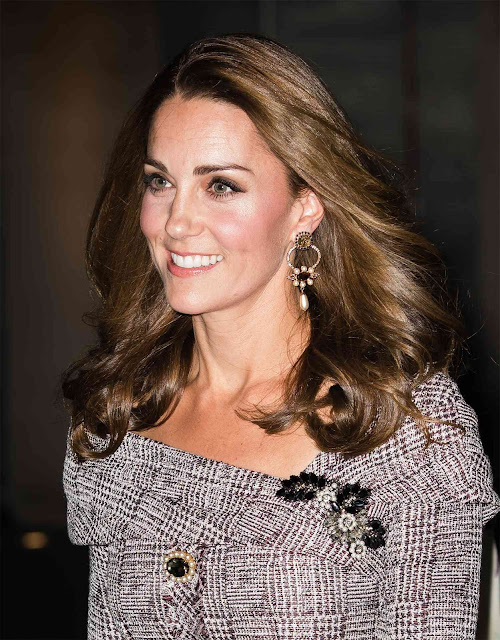The royal family has long been regarded as a symbol of tradition and cultural continuity. Language, as a crucial element of cultural identity, often takes center stage. In this context, Kate Middleton's choice to predominantly speak English, while understandable, has raised eyebrows. The question on many minds is whether her decision aligns with the expectations placed upon a member of the royal family.
Critics argue that Kate's role as a prominent figure demands a broader linguistic repertoire, especially considering the diverse linguistic landscape of the royal engagements. The ability to communicate in multiple languages is often seen as a diplomatic asset, and Kate's focus on English has been interpreted by some as a missed opportunity to showcase a more inclusive approach.
The advent of social media has provided an instantaneous platform for the public to voice opinions, both positive and negative. Kate's choice of language has not been spared from the relentless scrutiny of online commentators. The comments range from questioning her dedication to her royal responsibilities to broader debates on cultural representation within the monarchy.
An intriguing facet of the criticism revolves around gender dynamics. Some critics argue that had Kate been a male member of the royal family, the language choice might not have been as heavily scrutinized. This opens up a broader conversation about the expectations placed on women in positions of influence and how their choices are dissected more minutely.
The criticism faced by Kate Middleton for not speaking French is a multifaceted issue with roots in societal expectations, cultural perceptions, and gender dynamics. While the harsh comments echo the evolving nature of public discourse, it remains to be seen how Kate will navigate these expectations while continuing to fulfill her duties as a prominent member of the royal family.




